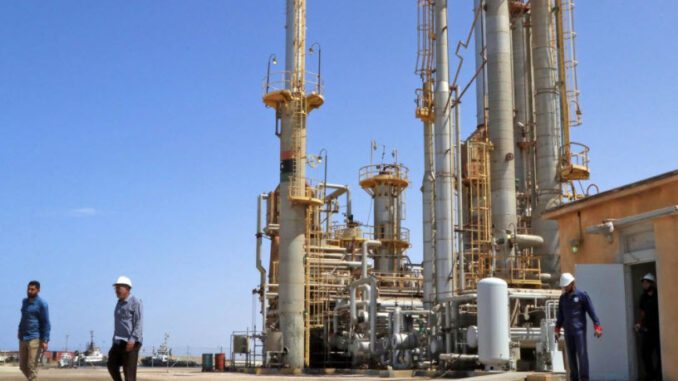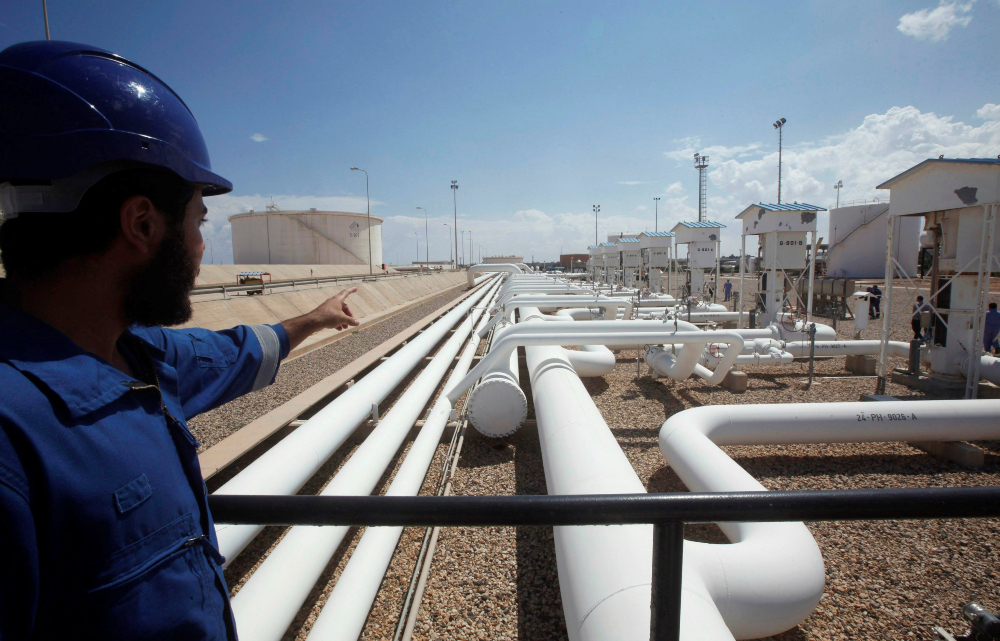
The new Libyan unity government will restore an oil and gas portfolio as one of 27 ministries to administer the war-ravaged OPEC member until December elections, according to the office of the prime minister-designate.
A representative of western Libya will be in charge of the oil and gas ministry, which was scrapped by the Tripoli-based Government of National Accord, according to plans published by the office on its Facebook page. The head of the National Oil Corporation and the governor of the central bank will both be from the eastern region. It’s not clear whether the two current heads will be changed.
Premier-designate Abdul Hamid Mohammed Dbeibah presented his plan to parliament last month, without naming any potential ministers, and lawmakers will discuss it on Monday in the city of Sirte. The proposal, which also includes six state minsters and two deputy prime ministers, requires support from at least 120 members of the North African nation’s 200-seat assembly to pass.
Dbeibah, an influential businessman, was chosen as premier by Libyan delegates at a political forum in Geneva in February. He will work alongside a new presidency council in an administration that’s supposed to rule until the elections
Fighting in recent years pitted an internationally recognized Tripoli-based government against eastern military commander Khalifa Haftar, with both receiving support from competing regional powers. Forming a unified government could stabilize energy production, a key income source that has been blighted by repeated clashes and closures.
It’s not immediately clear what changes, if any, the restoration of the oil ministry would mean for Libya’s energy policies.
The NOC’s current chairman, Mustafa Sanalla, took the helm in May 2014 amid political upheaval and has worked hard to raise the nation’s oil output to its current level of about 1.3 million barrels per day from almost zero at some points.
In a deeply divided country, he’s been one of the few public figures treated with respect by all sides, including the international community, investors and buyers of Libyan oil.
Hailing from the eastern city of Benghazi, Sanalla takes pride in having kept the NOC as one of the rare national institutions that has worked across the political divide. That’s included asserting the company’s authority against attempts by eastern parties to sell oil independently.



